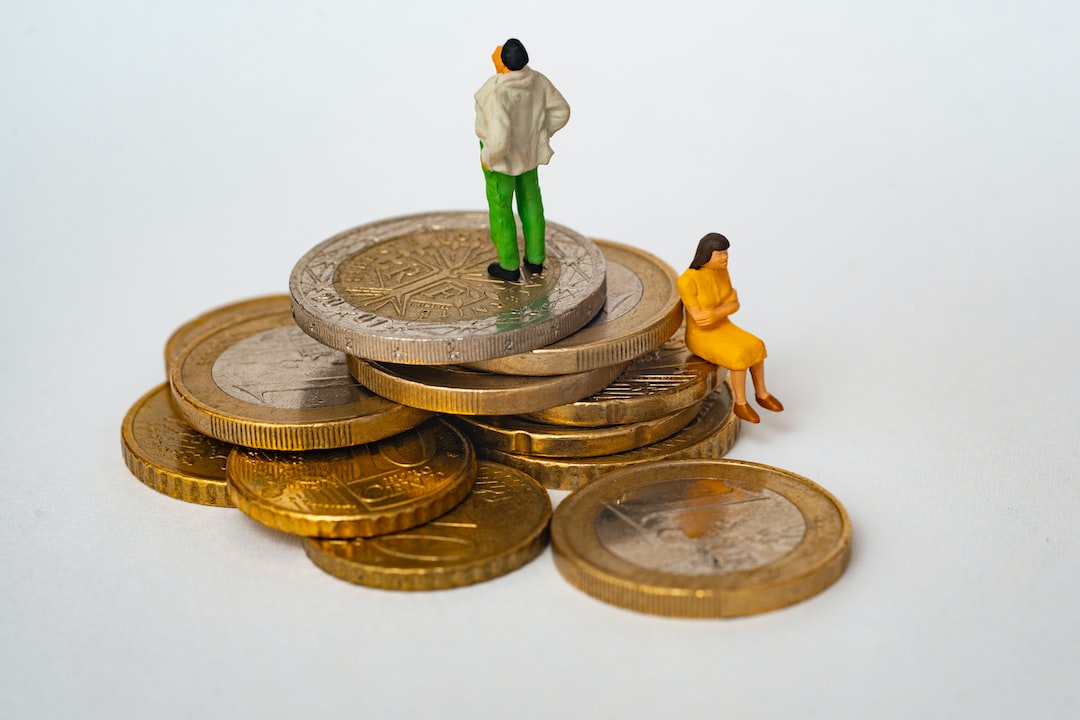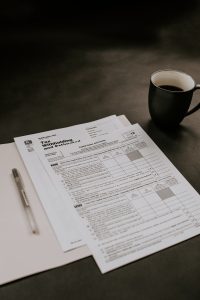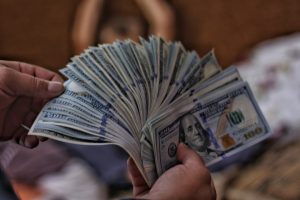Forex trading is a highly lucrative and dynamic sector. It is the largest financial market in the world, with an average daily trading volume of more than $5 trillion. Forex brokers play a critical role in this market. They bridge the gap between individual traders and the global forex market. In exchange for their services, forex brokers earn a profit. But how do forex brokers make money?
In this article, we will explore the various ways that forex brokers generate revenue and stay in business.
Spread
One of the primary ways that forex brokers make money is through the spread. The spread is the difference between the bid price and the ask price of a currency pair. For example, if the bid price for the EUR/USD currency pair is 1.2000, and the ask price is 1.2005, the spread is 5 pips.
Forex brokers earn money by adding a markup to the spread, which is their commission or fee. Typically, the spread can vary depending on market conditions and the broker’s pricing model. Some brokers offer fixed spreads, while others offer variable spreads.
Variable spreads can be challenging for traders as they can widen during volatile market conditions. This means that traders may end up paying more for their trades than they initially anticipated.
Commission
Another way that forex brokers make money is through commissions. Some brokers charge commissions on top of the spread. This is common with brokers that offer an ECN (Electronic Communication Network) or STP (Straight Through Processing) pricing model.
ECN and STP brokers provide direct access to the interbank market, which means that traders can access the best bid and ask prices from multiple liquidity providers. In exchange for this service, brokers charge a commission on each trade.
Some brokers may also offer a commission-free account, but the spread will be higher to compensate for the lack of commission.
Swap
Forex brokers also earn money through swaps or rollover fees. A swap is the interest rate differential between the two currencies in a currency pair. When traders hold positions overnight, they may receive or pay a swap depending on the interest rate differential.
Brokers earn money by taking a cut of the swap fee. Some brokers may offer swap-free accounts for traders who follow certain religious beliefs that prohibit them from paying or receiving interest.
Markups
Forex brokers may also earn money through markups on trading instruments. For example, some brokers may offer CFDs (Contracts for Difference) on stocks, indices, and commodities. The broker may add a markup to the price of the CFD, which is their profit.
This is similar to how a retail store may buy a product from a manufacturer and then sell it to a customer at a higher price to make a profit.
Inactivity Fees
Some forex brokers may also charge inactivity fees. This is a fee that is charged to traders who do not trade for a certain period. Inactivity fees are designed to encourage traders to keep trading and generate revenue for the broker.
However, not all brokers charge inactivity fees, and traders should check the terms and conditions before opening an account.
Conclusion
In conclusion, forex brokers make money through various means, including spreads, commissions, swaps, markups, and inactivity fees. It is essential to choose a reputable broker with transparent pricing and fees.
Traders should also consider the broker’s regulation, customer service, trading platforms, and educational resources before opening an account. With the right broker, traders can access the global forex market and potentially generate significant profits.





